That’s the key idea put forth in preliminary research posted this month to bioRxiv, authored by GSC, UBC and BC Children's Hospital Research Institute scientists, that highlights the potential benefits of testing COVID-19 patients for genetic variants of ACE2—the protein identified as the point-of-entry for the SARS-COV-2 virus into human cells.
News
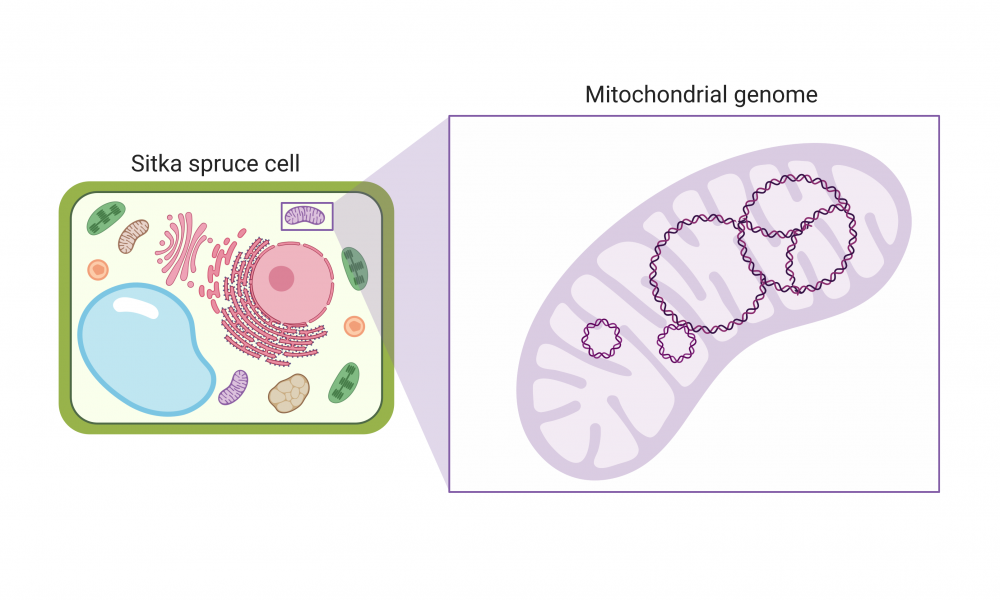
GSC scientists uncover the complex physical structure of the Sitka spruce mitochondrial genome
After billions of years of evolution, all animals, plants and fungi still share one important feature: the mitochondria; the so-called “powerhouse of the cell”. DNA sequencing technology has revealed that, when compared to their animal cell counterparts, some plant mitochondrial genomes are highly complex, forming intricate structures that remain to be understood by scientists.
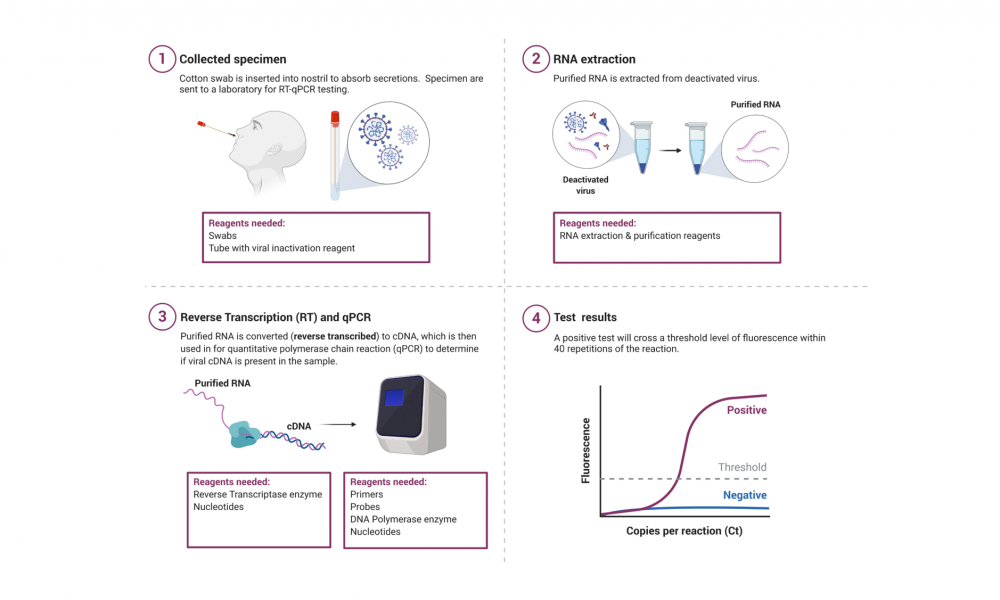
How B.C. scientists are addressing the COVID-19 testing challenge
As the COVID-19 pandemic continues, public health authorities around the world are facing a significant challenge: ensuring a large enough supply of reagents to scale-up diagnostic testing. Researchers at Canada's Michael Smith Genome Sciences Centre at BC Cancer (GSC), the University of British Columbia (UBC) and the BC Centre for Disease Control (BCCDC) are working to develop new non-proprietary reagents to support current and future testing in British Columbia.
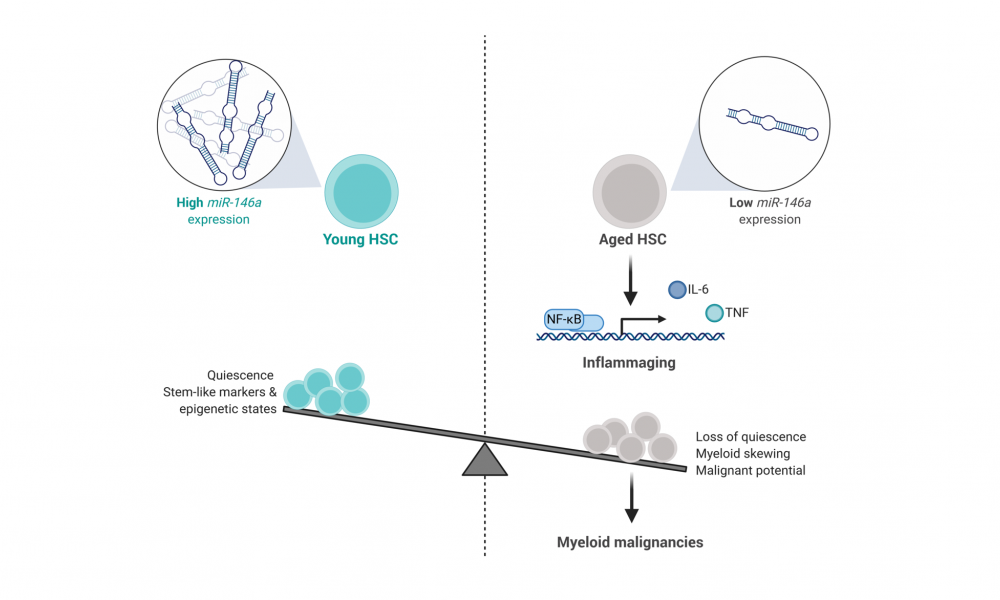
Aging-associated inflammation as a driver of myeloid malignancies
The single most significant risk factor for the development of cancer is age, and researchers have now used transcriptomics to uncover an age-related genetic explanation for blood cancers called myeloid malignancies.
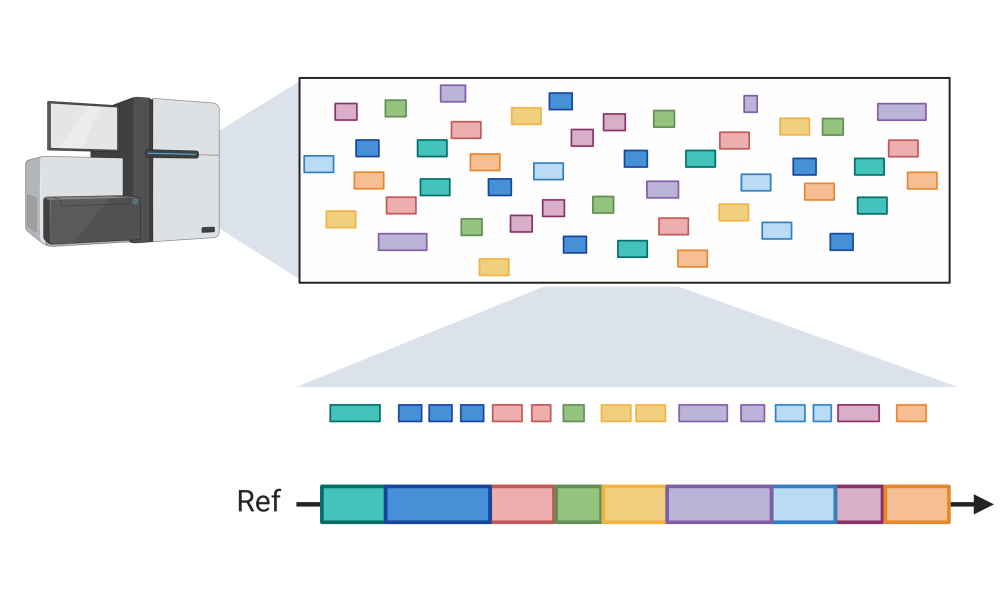
The long and the short of it: scientists develop a tool for rapid genome assembly
Rapid advancements in DNA sequencing have spurred the development of commercial technologies capable of enormous throughput, reducing both the amount of time and money required to sequence a genome and shifting the bottleneck from obtaining DNA sequences to assembling and analyzing them. But a new tool has now come into play, reducing both the time and computational power needed to combine the millions of pieces of a genome into one complete picture.

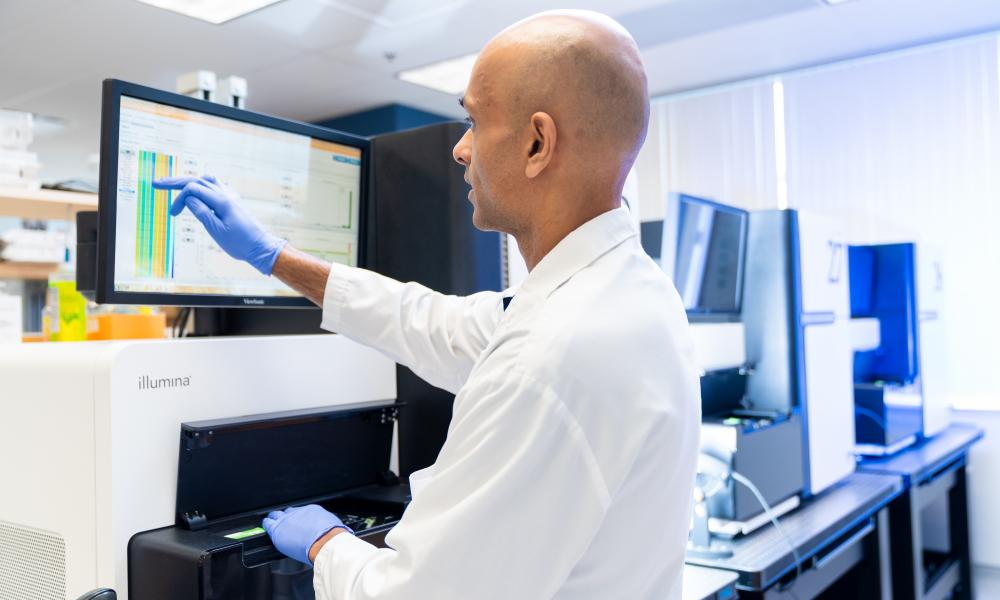
B.C. scientists to begin genetic sequencing on Canadians with COVID-19
As part of a federal funding announcement earlier today, Canada’s Michael Smith Genome Sciences Centre (GSC) at BC Cancer will be one of four Canadian institutions on the forefront of using genome science to understand how different people respond to COVID-19 infection.
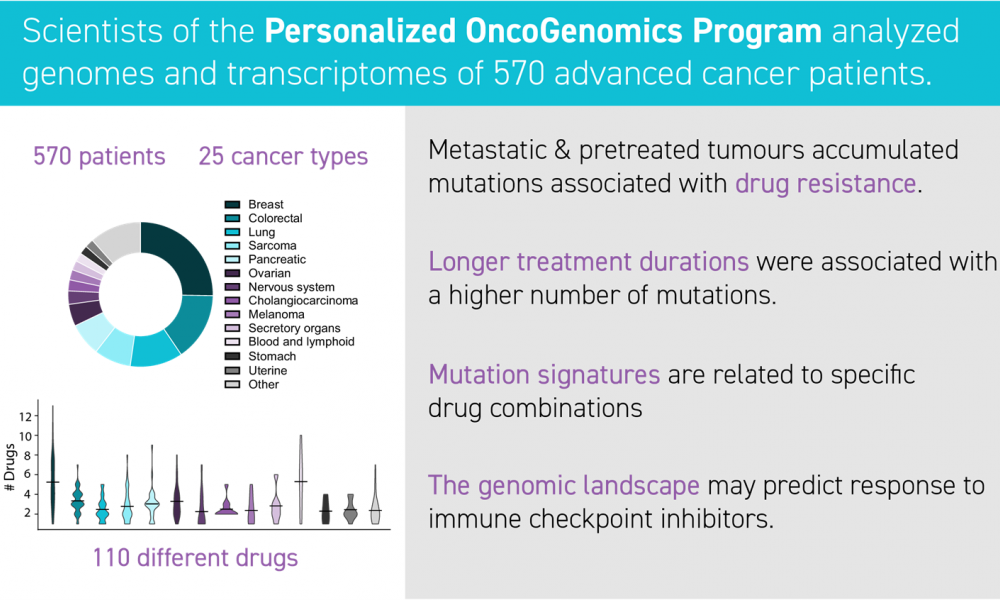
DNA sequencing reveals the scars of cancer treatment
A comprehensive analysis of 570 advanced cancer patients has revealed the genetic changes that occur following chemotherapy, providing scientists and clinicians with valuable insight into advanced cancers and drug resistance.
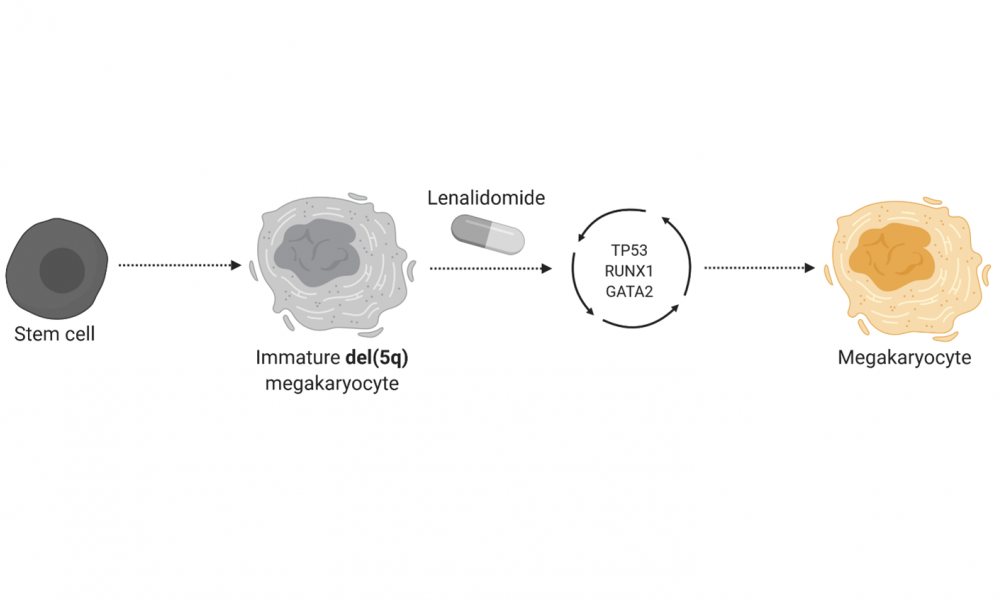
Scientists reveal key insights into drug resistance in patients with del(5q) myelodysplastic syndrome
For myelodysplastic syndrome patients harbouring a particular genetic variant, lenalidomide is the drug of choice. But for about half of these patients, resistance will develop within two years, rendering the drug ineffective. By using DNA sequencing, scientists have now revealed key insights into drug resistance, uncovering a potential strategy for the early identification of patients who may not benefit from lenalidomide treatment.

From fighting marine contaminants to fishing for cancer treatments from marine sponges: how a GSC biochemist made a drug discovery breakthrough
Dr. Marianne Sadar is not one to back down from a challenge. So even when told it wasn’t possible, she did something no one else dared to try.